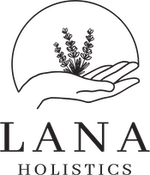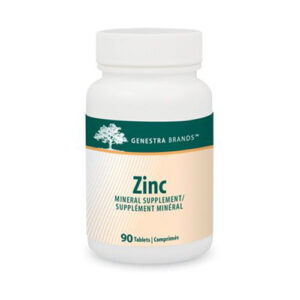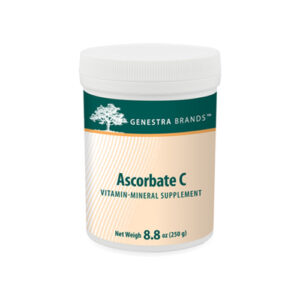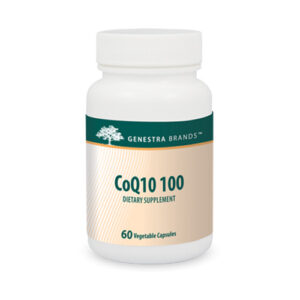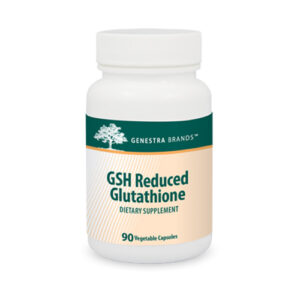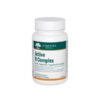The purpose of the immune system is to detect defective cells within the body, as well as recognize external pathogens such as bacteria and viruses and destroy them.
When maintaining a healthy immune system, it is important to support a healthy digestive tract as the digestive system is the “main gate” into the body. The digestive tract which lets in food and the lungs which let in air are essential to regulating our immune system. The nasal passages aid in destroying unwanted pathogens from entering the lungs. Due to this, it is especially important to have strong, healthy mucous membranes in the digestive and respiratory tract, as they, along with our skin are the first line of defense against harmful invaders. Inside the body, the immune system has several special cells to help overcome invaders. There are three main types of immune cells which are found in the blood. B-cells, T-cells and macrophages are collectively called white cells. Lymph nodes, the thymus gland, spleen, skin, bone marrow, and liver all play their part as well. The lymph nodes isolate infections and act like immune forts storing the immune cells. The liver produces Kupffer and lymph cells that disarm toxins, yeast and bacteria. Bone marrow produces stem cells from which all immune cells originate. The thymus gland trains up T-cells and helps differentiate between invaders and friends. While the spleen filters the blood, destroys harmful bacteria and worn out red blood cells.
Now that we have a general idea of what the immune system is composed of, and its role within the body we can move on to what happens when it is overactive or underactive.
When the immune system is under or over reactive it can cause allergies, asthma, arthritis, eczema, Chron’s disease, diabetes, autoimmune disordersand more. Our goal is to modulate the immune system to keep it healthy.
When we are stressed, undernourishedorfatigued, our immune system has a difficult time doing its job. Stress is one of the greatest hazards for the immune system as it can contribute to depletion of many nutrients such as vitamins C, B and E. Emotions that are associated with a weakened immune system include, anxiety, depression, loss, loneliness, guilt, and isolation.
Here are top 10 things you can do to regulate your immune system.
- Sugar – Avoid all refined sugar. Highly inflammatory and suppresses our immune system for up to 5 hours after ingestion. Studies show https://www.ncbi.nlm.nih.gov/pubmed/24063614 ingesting only ten grams of sugar can suppress the immune system by a whopping 40%. Stick to whole foods and use honey or maple syrup for sweetener.
- Incorporate vitamin C daily – Vitamin C is a strong antioxidant. We do not produce it in the body, which means we rely on external sources to get it. It is also antiviral and antibacterial…need I go on?
- Probiotics or fermented foods. 80% of your immune system is located in your GUT! Beneficial bacteria help promote healthy intestinal flora and inhibit the growth of harmful bacteria. They are an important contributor to digestive tract immunity.
- Exercise – Get your body moving. Calming exercise such as Tai Chi and yoga are the best for immunity. Even just 20 minutes of walking a day may help boost your body’s immunity. Avoid vigorous exercise, which may suppress the immune system.
- Get adequate sleep. Yes, a lack of sleep CAN affect your immune system. https://www.webmd.com/sleep-disorders/features/immune-system-lack-of-sleep#1. Not getting enough sleep has been linked to several mental and physical health problems.
- Avoid excess caffeine and alcohol consumption – Overconsumption of CAFFEINE and ALCOHOL deplete our bodies of many nutrients especially calcium and B vitamins, excess alcohol consumption can also suppress lymphocytes development and their ability to produce antibodies.
- Incorporate zinc daily – supports function of the thymus and WBC function, promotes destruction of foreign particles and microorganisms, directly inhibits growth of some viruses including common cold and herpes simplex.
- Vitamin D supplementation – Activates our T-cells, protects against autoimmune reactions, protection from bacterial and viral infections.
- Selenium intake – required to make glutathione peroxidase which supports all components of immune function, supplementation may stimulate NK cells and tumor destruction.
- Herbs – Plenty of herbs that have been used traditionally by many cultures in the world can help boost immune health. Some have antimicrobial properties, stimulate macrophage and T-cell activity.
Astragulus – Deep immune tonic Increases phagocytes, interferon, T-cell activity, and blood cell production.
Dandelion root – improves liver and spleen function. Antifungal, anti-inflammatory and antiseptic.
Echinacea – Inhibits hyaluronidase, making cells more resistant to invaders. Increases activity of phagocytes and macrophages. Alterative, antifungal, and antiseptic.
Garlic – kills a variety of organisms including some viruses, fungi, bacteria, and protozoans. Antioxidant, immune stimulator, and vasodilator.
Nettle – Rich is many nutrients and chlorophyll. Natural antihistamine strengthens the kidneys and spleen. Alterative, circulatory stimulant, nutritive and tonic.
Certain foods impair the immune system
- Excessive sugar, refined starches, and alcohol
- Overconsumption of caffeine and alcohol deplete our bodies of many nutrients especially calcium and B vitamins, excess alcohol consumption can also suppress lymphocytes development and their ability to produce antibodies
- Rancid processed oils
SHOP IMMUNITY
Most Popular for Immunity
